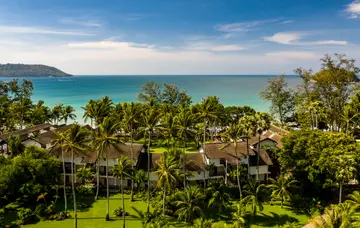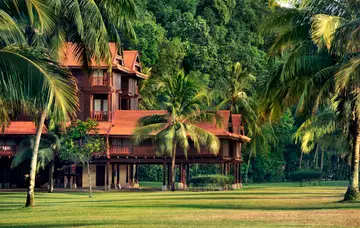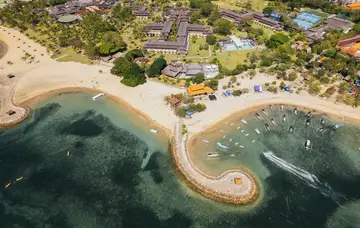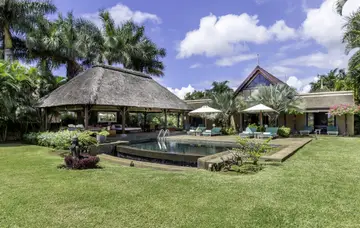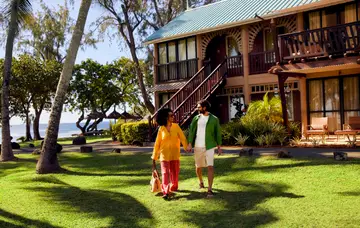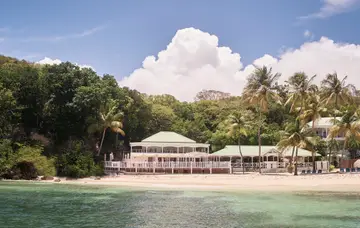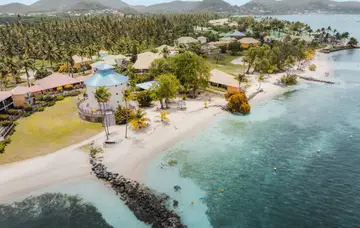Thailand is a deeply religious country, where almost the entire population is Theraveda Buddhist. This means Thai people are gentle and calm, display great self-control and are respectful and non-confrontational. So while it is extremely popular with tourists, even in the most ‘westernised’ areas it is important to respect local traditions and customs.
Top of the Thailand tourism tips must be to always remove your shoes when going into a private home or temple. Always ask for permission before you take photographs of people – and a smile will go a long way; smile and be friendly even if people stare at you.
When you’re not at the beach, and especially if you intend to visit a temple or local festival, dress modestly, which means covering your shoulders and wearing shorts or a skirt that falls to or below the knee. As anywhere in the world, don’t litter and respect the environment.









